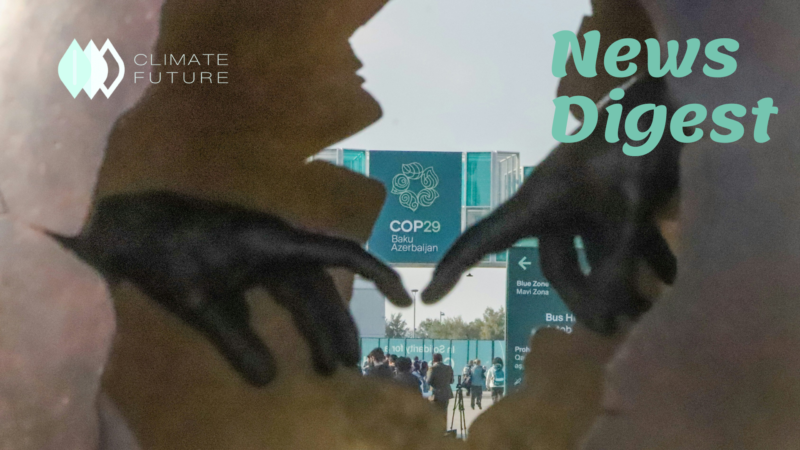Join forces to prevent ‘food availability crisis’ urges FAO chief
The FAO chief lauded the UN-brokered Black Sea Grain Initiative as a crucial step to freed-up more than five million metric tonnes of food with over a quarter of shipments going straightly to lower income countries. Wholesale food prices have been falling for five months now. However, consumer food prices and inflation are soaring and have devastating implications for nutrition and global food security. The idea of the financing facility is to support funds for 62 lower-income food importing nations which are home to around 1.8 billion people to meet their urgent needs. There were conflicts, downturns and slowdowns due to COVID-19 and the climate crisis. It is crucial that all nations join in the dividends of stability and peace because it is not possible to achieve the Sustainable Development Goals (SDGs) and Zero Hunger without peace.
Renewable energy jobs rise by 700,000 in a year, to nearly 13 million
2022 annual review identifies domestic market size as a main factor influencing job growth in renewable energy along with labor and other costs. Solar energy was the fastest-growing sector and it provided 4.3 million jobs in 2021 and over a third of the current global workforce in renewable energy. With rising concerns about COVID-19 recovery, climate change and supply chain distribution, countries are turning inwards to upgrade job creation at home by focusing on local supply chains. ILO Director-General said that “the focus on the conditions of work and quality of jobs is growing in renewable energies to ensure productive employment and decent work”. China alone consists of 42% of the worldwide total, followed by the EU and Brazil with 10% each and the US and India with 7% each. Southeast Asian countries are becoming major biofuel producers and solar photovoltaic (PV) manufacturing hubs. China is the pre-eminent installer and manufacturer of solar PV panels and it creates a growing number of jobs in offshore wind.
Famine looms in Somalia, but many ‘hunger hotspots’ are in deep trouble
In Somalia, hundreds of thousands are already starving today with staggering levels of malnutrition expected among under five year old children. Large-scale deaths from hunger are very likely in the east African nation. If adequate help cannot arrive by December, it is expected that as many as four children or two adults per 10,000 people will die every day. Apart from the emergency already unfolding in Somalia, the UN agencies raised 18 more deeply concerning hunger hotspots which arise from drought, conflict, the COVID pandemic, economic uncertainty and Russia’s invasion of Ukraine. Immediate humanitarian action is required and at scale in all at-risk countries to save lives and livelihoods.
1.5 degree climate pledge ‘on life support’, Guterres tells leaders during frank exchanges
The UN chief said that he had talked to leaders regarding the climate emergency and the triple global crisis of food, finance and energy. He told the leaders that the devastation he faced this month in Pakistan covered around a third of the country at its height by flooding. It occurred because of global warming of 1.2 degree and the world is on track for an overall increase of over three degrees. Since last year’s conference in Glasgow, Scotland, climate impacts have bigger threats and carbon emissions have risen to record levels. Vulnerable communities are suffering the hardest from this. Four burning issues, emissions mitigation, adaption, climate finance and loss and damage were addressed during the informal talks. On mitigation, Mr. Guterres told the leaders that they are on track to rise by 14% although emissions must be cut almost in half before 2030. He called on the G20 nations which are the world’s leading economies to phase out coal, end fossil fuel addiction and ramp up investment in renewables. A G20 Heads of State and Government Summit will be held in Bali in November to take important decisions to tackle the triple global crisis.



